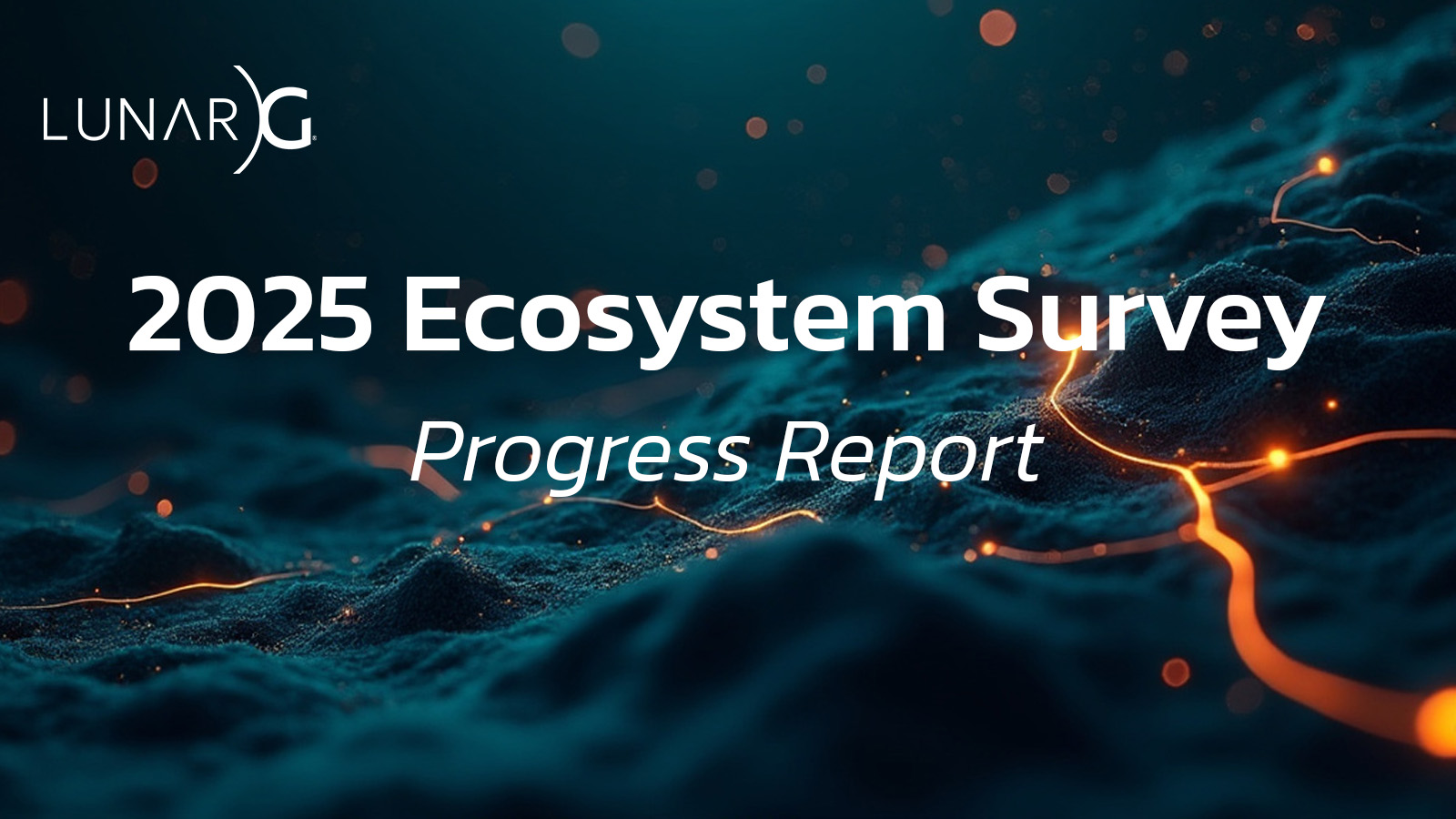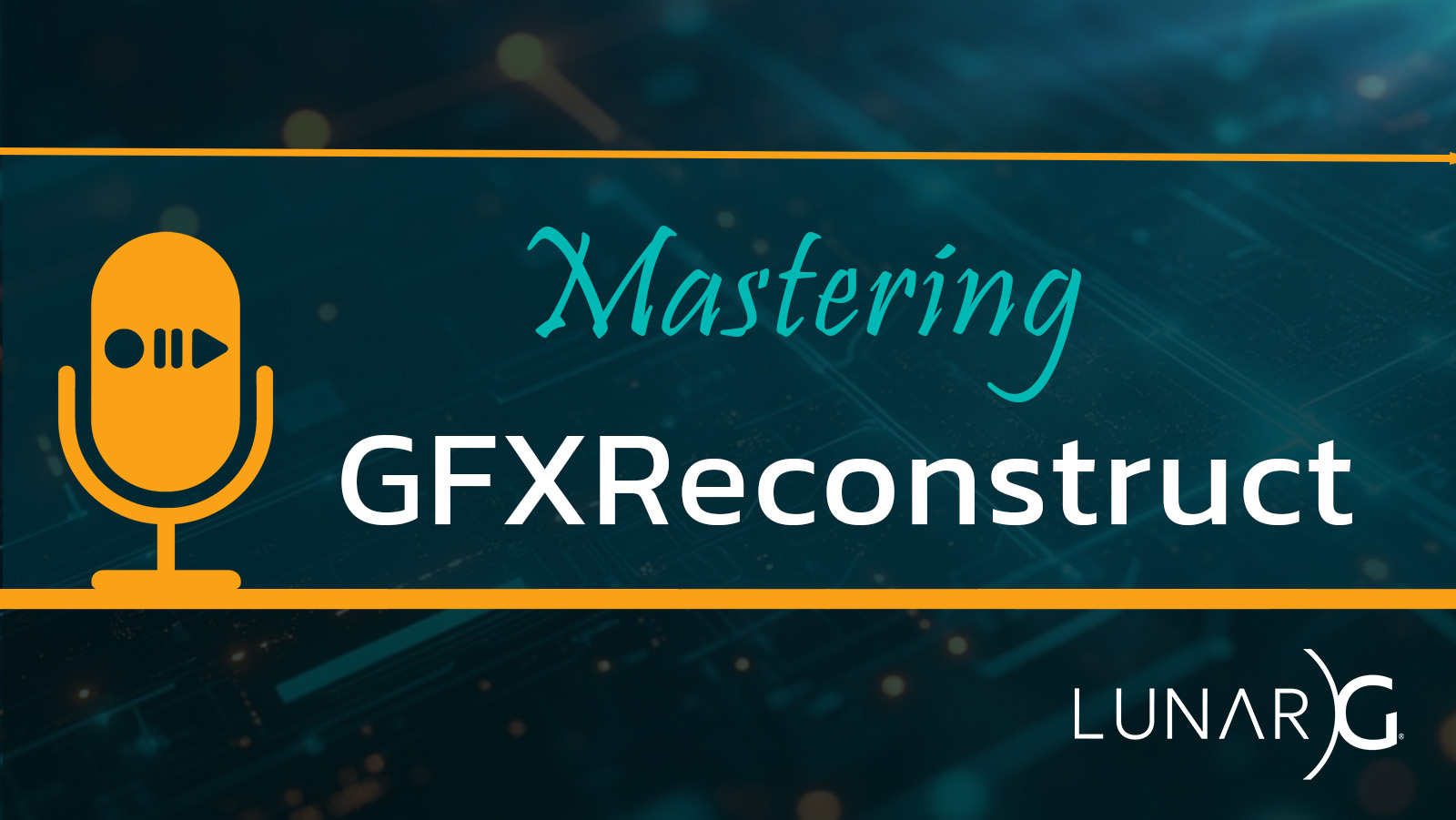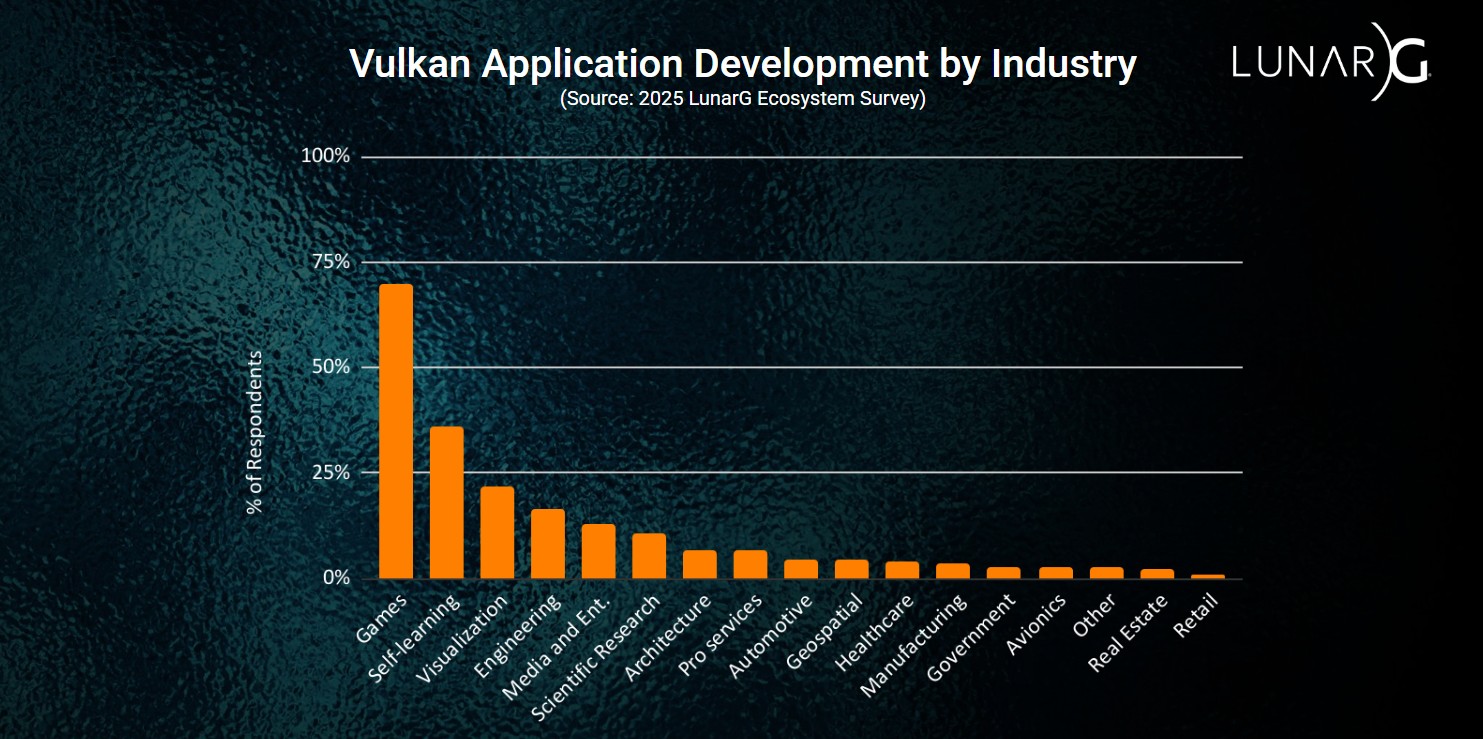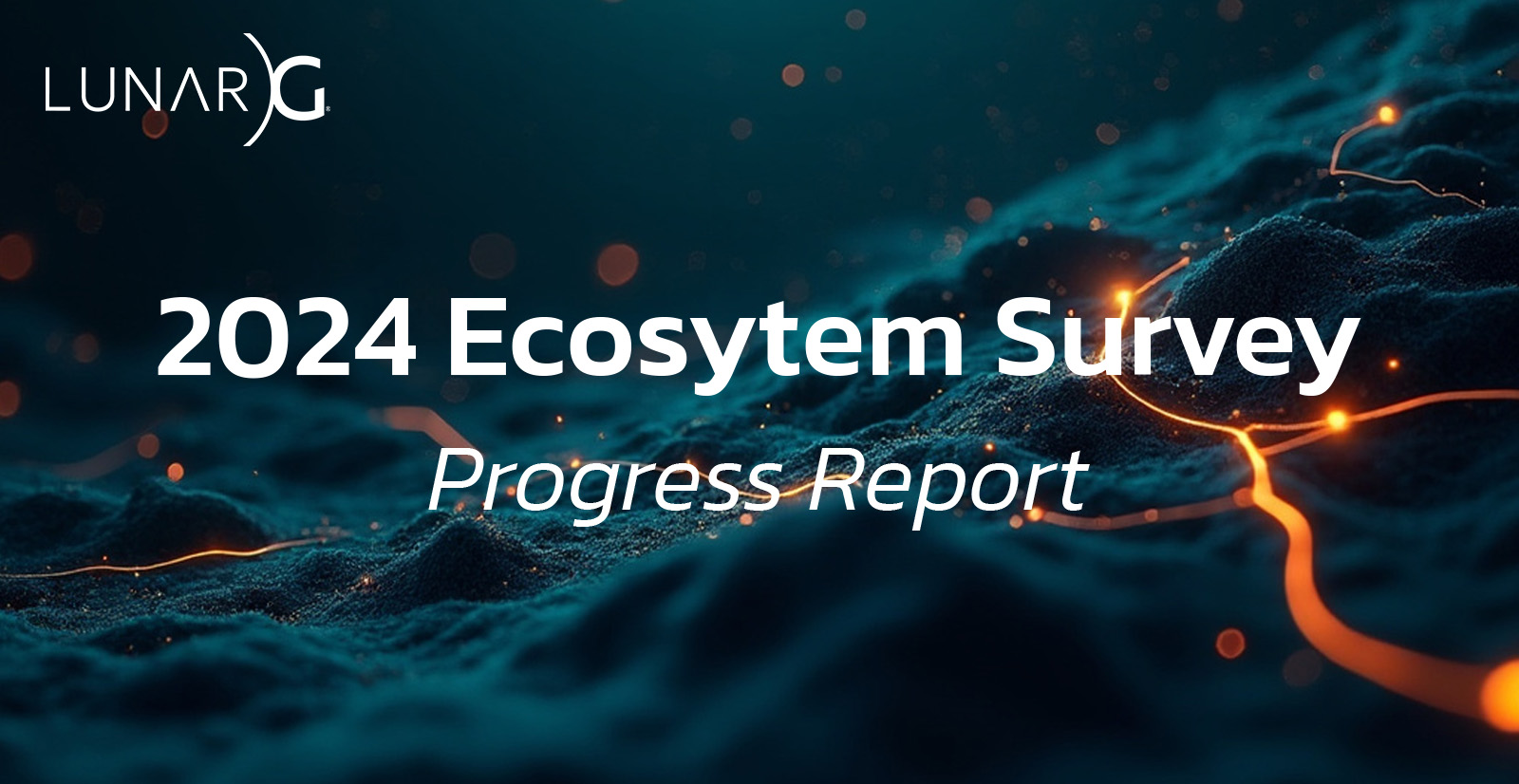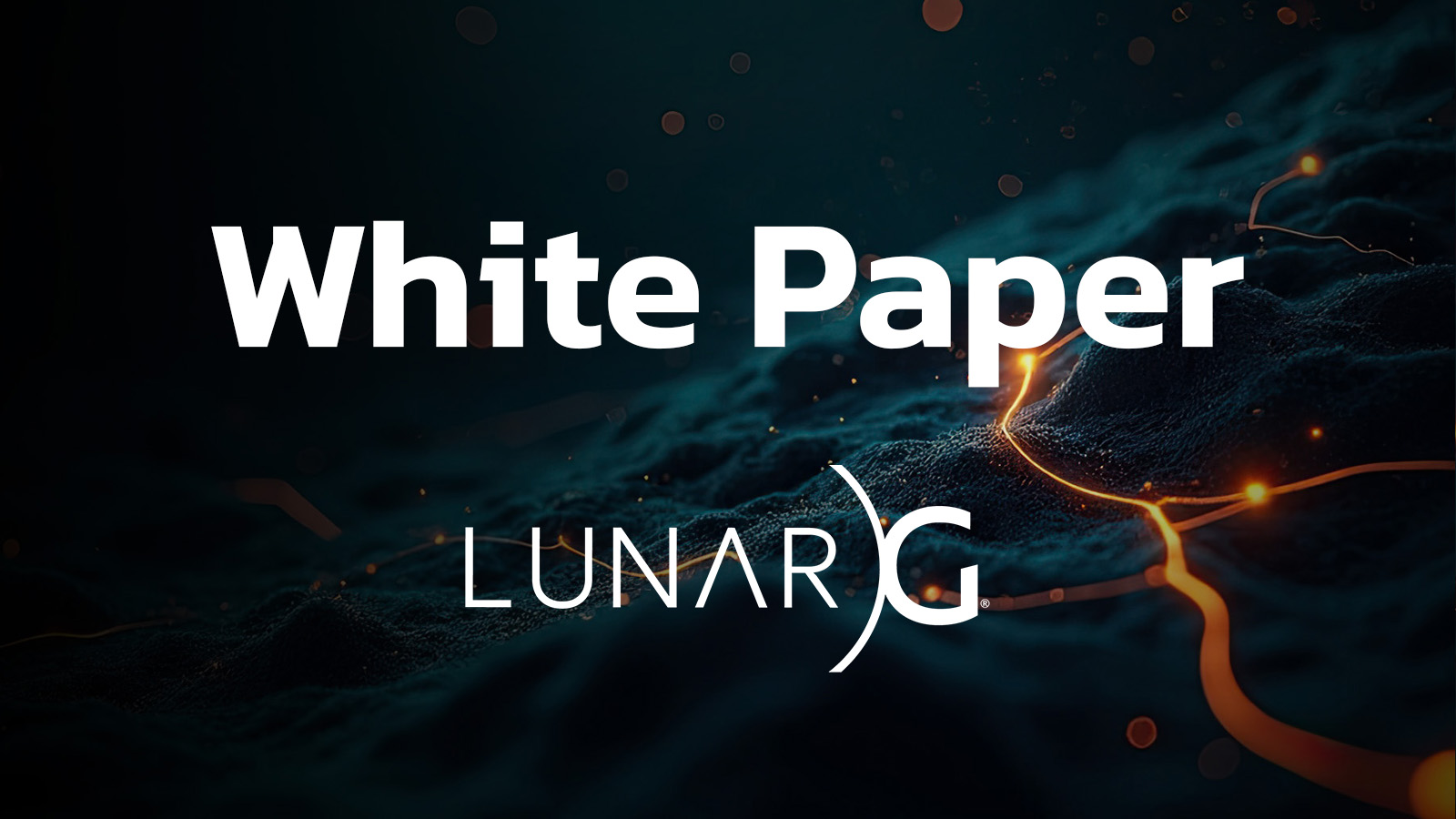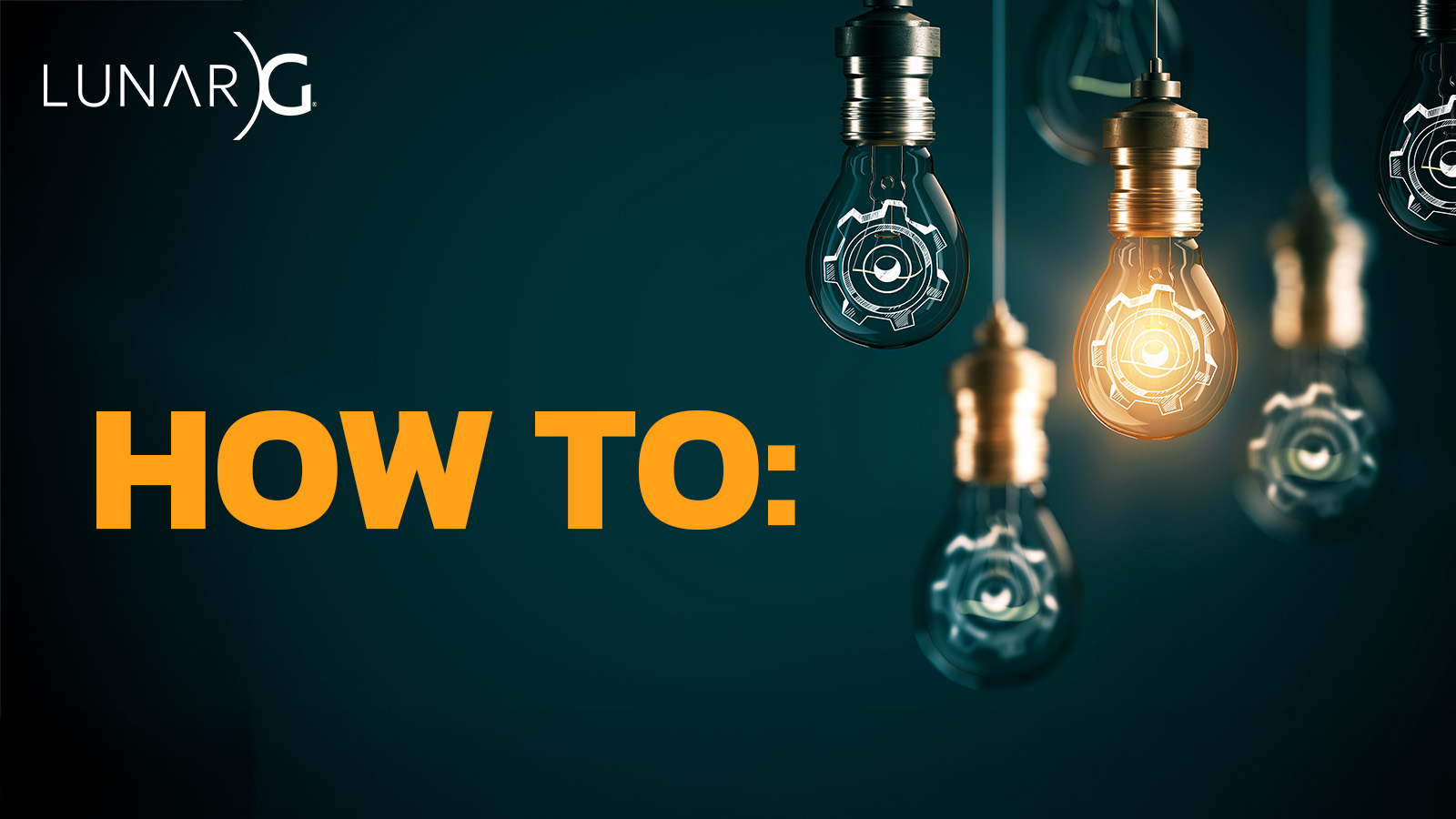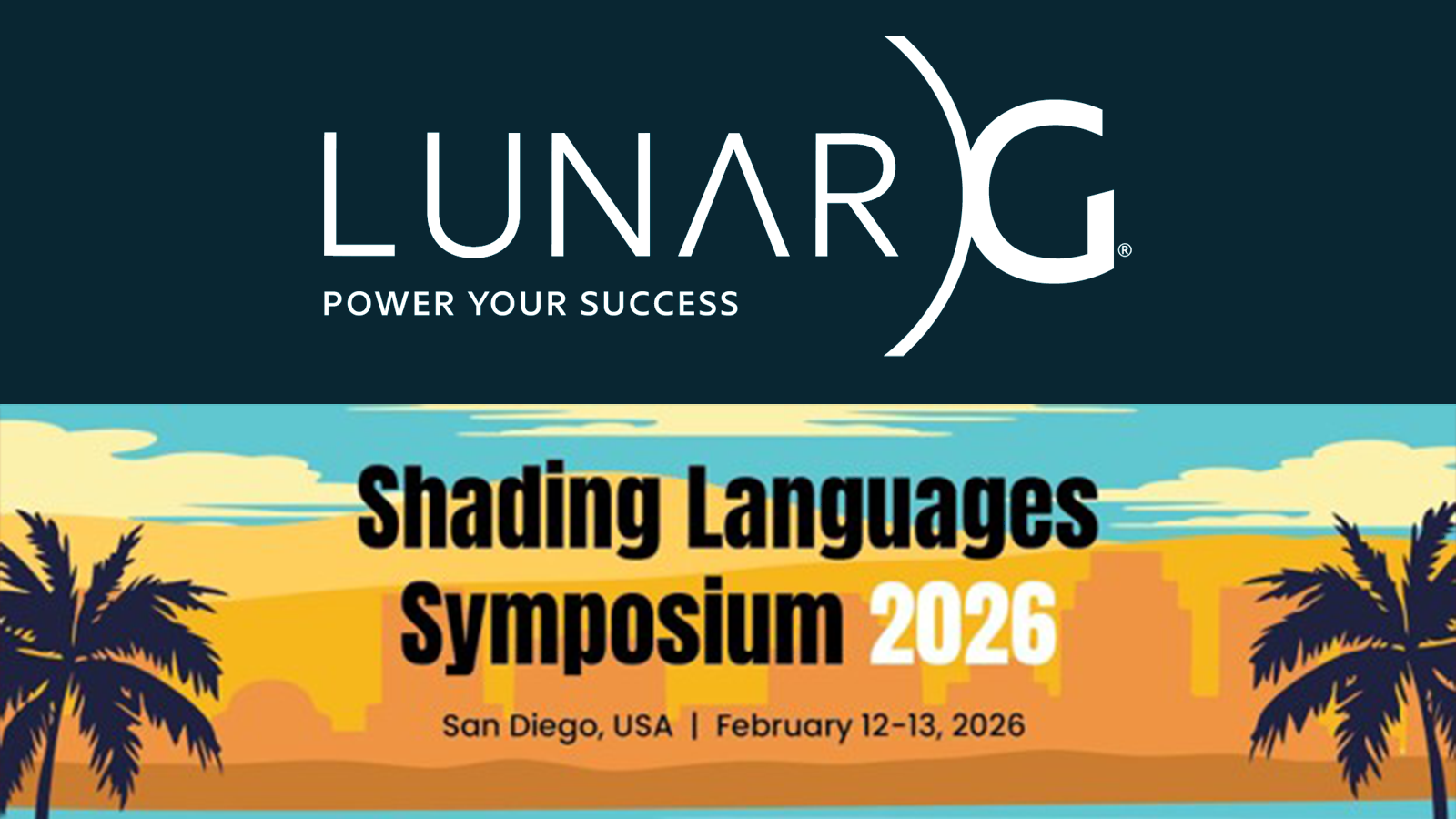The 2025 LunarG Ecosystem Survey guided our development efforts throughout the year. This post summarizes the key advancements we delivered and where we’re headed next.
Mastering GFXReconstruct: Part 4
This article explains what a .gfxr file contains, how it’s structured, what gets captured (and what does not), and why replay is typically deterministic and visually identical to the original run.
Mastering GFXReconstruct: Part 3
It’s time to capture your first GPU workload and generate a .gfxr trace file—the foundation for debugging, performance analysis, and replay testing.
Mastering GFXReconstruct: Part 2
The second post in our comprehensive series on GFXReconstruct describes basic setup and usage.
Mastering GFXReconstruct: Part 1
Welcome to the first post in our comprehensive series on GFXReconstruct, an open-source tool designed to capture and replay graphics API calls.
2025 LunarG Ecosystem Survey Results Released!
Happy to announce that the 2025 LunarG Ecosystem Survey results are in! Just like we’ve done before, LunarG reached out to the Vulkan dev crowd to see what’s cooking in GPU programming. We got a ton of awesome feedback from developers, studios, industry pros, and hobbyists about their Vulkan adventures, LunarG tools, and the whole scene. First up, a huge shoutout to everyone who took the time to fill out the survey—THANK YOU!!! We run this survey every year to give the GPU dev community a heads-up on the latest trends, sharing the best insights we can. Together with other industry colleagues, we use this feedback to figure out what to tackle in the year ahead. Our goal, as always, is to make Vulkan development easier, faster, and more productive for all Vulkan developers. Just a heads-up, though—this isn’t a fancy professional survey, so the results might not be super scientific. Think of it more like we’re feeling out the vibe, not predicting the weather for every day of the year. Here’s a quick peek at who chimed in: 72% of the folks who responded are regular, advanced, or expert Vulkan developers, while 28% are beginners or basic users. So, we’re hearing from a pretty experienced bunch, with over a third calling themselves expert or advanced. You can access the entire survey here. This blog post contains a few of the results we thought were most significant. Vulkan is used in every industry requiring visualization Vulkan development is everywhere—any industry using a GPU is in on the action! Gaming takes the top spot since it pushes GPUs to the limit with the toughest workloads, making it the biggest player in Vulkan dev by a long shot. Coming in second is self-learning, showing how students, hobbyists, and up-and-coming pros are using Vulkan to level up their GPU programming skills. Visualization (think scientific and medical stuff) grabs third place, engineering (across all kinds) is fourth, and media and entertainment (like digital content creation) rounds out the top five. There’s also smaller but still key usage in industries like research, automotive, aerospace, manufacturing, and government/defense projects. Vulkan is used to deliver cross-platform applications Vulkan apps are running on more than a dozen major OS environments, making the Vulkan API the go-to for native, cross-platform software on modern GPUs. Devs can roll out their apps across ALL the big operating systems with ease! In the survey, Windows 11/x64 took the top spot for Vulkan app deployment targets, followed by Linux/x64 in second, and Windows 10/x64 in third—over half of devs are targeting each of these. macOS came in fourth with about 25% of devs on board, while Android and Steam Deck are also in the mix, each targeted by nearly a quarter of developers. Windows/ARM64, iOS, Nintendo Switch, Steam VR, and Embedded Linux are getting some love too. The huge range of environments devs are hitting with Vulkan just proves it’s the ultimate pick for native cross-platform GPU app development! Windows ARM and Linux ARM ranked as #1 and #2 “important development environments” in the future Windows ARM and Linux ARM are seen as the top two future dev environments to watch! Right now, less than 20% of developers think Windows 11 on ARM64 is a big deal for development, but a whopping 90% say it’ll be important down the road—landing it the #1 spot for the future. Same feeling with Linux on ARM: only about 25% see it as key today, but over 80% believe it’ll matter a lot later, putting it at #2 for future dev priorities. Vulkan API is important now and in the future; WebGPU importance growing No surprise here—Vulkan is a total rockstar for this crew of devs, with nearly 100% saying it’s a key API for development now and in the future. Meanwhile, OpenGL is on the way down, dropping from 40% (important now) to 20% (important in the future), and most of that shift is heading toward WebGPU, which is gaining big time, jumping from 23% to almost 50%! Interest in Slang is growing quickly Though Slang has only been part of the Vulkan SDK since the October 2024 SDK release, it’s already climbed to the #2 spot as the preferred shading language among Vulkan developers. This is a great example of how swiftly LunarG integrates highly anticipated tools into the Vulkan SDK to meet developers’ needs. The majority of Vulkan developers use vkconfig Validation layers are a big deal for catching errors, performance hiccups, and API slip-ups while you’re building your app. Vkconfig makes it super easy for devs to debug their Vulkan apps by handling the enabling, disabling, and customizing of layers. Over half of devs are now using vkconfig to mess with layer settings—that’s almost 3x more than any other method! We totally recommend devs jump on vkconfig during development to build apps that are as portable and solid as possible. Read the whole survey! If these highlights got you curious, there’s a ton more to check out in the full 2025 LunarG Ecosystem Survey! Grab it here.
2024 Ecosystem Survey – Progress Report Released!
Hey everyone! Today we are releasing our 2024 Ecosystem Survey Progress Report. This document describes how we’ve used the feedback you provided last year in our efforts to improve the Vulkan ecosystem. A big part of running these surveys is making sure you all feel like your voices are being heard and that we’re actually doing something with the info you give us. We work on this every year to close the loop, which also gets folks excited to join in on the next survey right after we drop the yearly progress report. (And the 2025 survey is now live, so help us out by taking a few minutes to fill it out!) In this blog post, we’ll hit the highlights of what we achieved over the last year, but do yourself a favor and check out the full report. There’s some cool notes in there on how your feedback shaped our work. Notably: Many of the accomplishments described below are thanks to the folks at LunarG, made possible with support from Valve and Google. The Khronos dev relations crew has been grinding away to improve the Vulkan specs, samples, and docs. (They are responsible for the awesome Antora work described below.) The Khronos Vulkan Working Group continues to explore options to reduce API verbosity and complexity. And let’s not forget the awesome open-source devs who’ve contributed so much. Big shoutout to everyone for all we’ve done together over the last year! Background The 2024 LunarG ecosystem survey was a collaborative effort between LunarG, Khronos developer relations, and Google to assess the Vulkan ecosystem’s health and developer satisfaction. The survey targeted a broad spectrum of Vulkan developers, both SDK users and non-users, through multiple channels including social media, developer communities (e.g., Reddit and Discord), professional networks, and direct email to over 13,000 recipients. Survey results from 2024 helped prioritize Vulkan implementation priorities and design decisions over the past year. Vulkan Ecosystem Progress (Feb. 2024-Jan. 2025) SDK Releases The biggest contribution to ecosystem progress came from six Vulkan SDK releases over the last twelve months. Turning the crank on each release requires effort and coordination from a big team of people. Hundreds of improvements and bug fixes go into each release. Significant effort is required to curate and align almost 30 major components, test things, package them up, and make them available to thousands of users worldwide. The Vulkan SDK is now supported on Windows, Linux, macOS, and Android. And it is downloaded 50,000 times every week! This level of usage makes it essential that every release is high quality. In addition to the continuous improvements from six releases, here are some specific results achieved since the 2024 Ecosystem Survey. Platform Support Windows 11 is now fully supported and is included in LunarG’s CI and SDK release test matrix. Added an SDK for ARM64 on Windows 11 and a script to enable Linux users to support ARM64. The macOS SDK is now dual platform (Apple Silicon/X86_64) and the installation can be automated more easily. Added iOS support to the macOS SDK. SDK tools Significantly improved GFXReconstruct (improved support for Android, major performance improvements, added interactive analysis features, merged foundations of portable capture and replay of ray tracing). Included support for Slang to address the need for next generation shading languages. Added a new crash diagnostic layer to provide a straightforward method for diagnosing and fixing GPU hangs and crashes. Improved GPU-AV and Debug Printf so they can be used simultaneously and added support for 8-, 16-, and 64-bit float. Added debug labels and resource handles to error messages. The SDK documentation now includes an alternative version of the Vulkan specification built using Antora. This Antora-generated specification significantly reduces load times when accessed via a browser. Now, clicking a URL link from a validation layer error message will quickly direct you to the relevant VUID section in the Vulkan specification, bypassing the slow loading times associated with the HTML version. This feature is introduced in SDK version 1.4.304.1. Validation Completed a significant amount of development for SPIR-V validation. Completed and released synchronization validation for the VK_KHR_timeline_semaphore extension. Modified the working group process to require validation layer support for new extensions coincident with their release. Completed all core validation rules for Vulkan 1.0, 1.1, and 1.2. Completed all ray tracing validation that can be done on the CPU. Documentation and Samples Improved Vulkan documentation by adding a dark mode, improved searching, and eliminating dead links. Made significant additions to Vulkan’s shading language documentation. Added programming samples for raytracing, interoperability, video, and for six new extensions Improved support for extension/feature queries. Conclusion Supporting an open-source initiative like the Vulkan SDK allows companies to innovate faster, reduce costs, and quickly develop enterprise-quality, cross-platform GPU software solutions. LunarG and our partners are proud of what we have accomplished on behalf of the Vulkan ecosystem in the last 12 months. Let’s make 2025 another great year for the Vulkan API and the Vulkan SDK!
Asynchronous Pipeline Creation – compile shaders in parallel using multiple CPU cores
Download the white paper now! GFXR – Asynchronous Pipeline Creation – LunarG, Fabian Schmidt 09-24-2024
